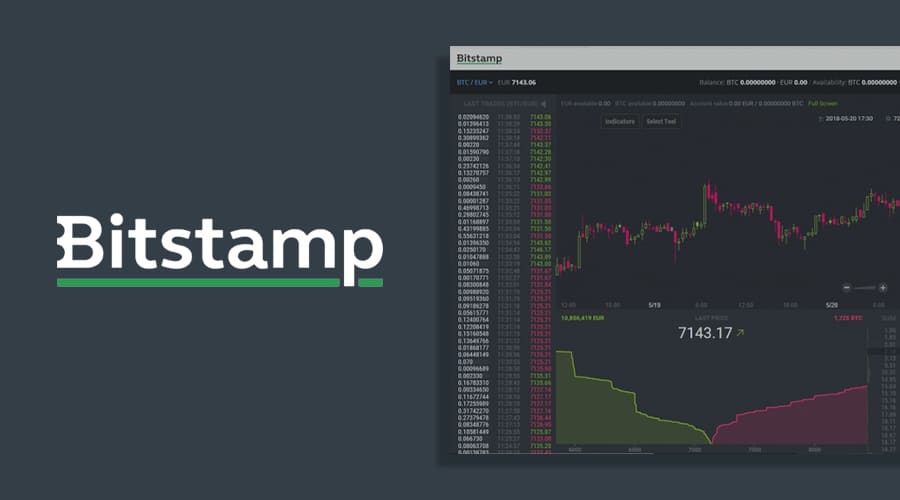
Bitstamp, a digital asset exchange, has reportedly forbidden Netherlands-based users from withdrawing crypto to external wallets. The users have to first confirm the receiving address that they own. In its report, Bitstamp states that they need to collect proof about the owner of any third-party wallet account before withdrawing crypto to it, according to the Dutch regulations.
This new KYC (Know-Your-Customer) policy indicates that the Netherlands’ users must submit third-party addresses adjacent to photographic evidence they hold the wallet for whitelisting prior to processing. Moreover, Bitstamp states that whitelisting was an optional security feature earlier; however, it is obligatory for all Netherlands users. The notice says that whitelisting came into effect on Jan. 15. However, it is unclear if this date differs between users who received the message.
Bitstamp’s New KYC Rule is in line with Dutch Anti-Money Laundering Regulations
Presently, this policy only seems to impact users in the Netherlands. Bitstamp’s new withdrawal rules acknowledge the anti-money laundering regulations outlined by Dutch regulators in November 2019 and enacted into law 12 months later. A small Netherlands-based exchange, Bitonic, was amongst the first to comply with those rules. Moreover, only a few significant exchanges have had similar policies to date. Bitstamp is the 11th largest cryptocurrency exchange by trading volume. It is one of the first major exchanges to include this rule.
Moreover, in November, quantitative analyst PlanB compared the Dutch regulations to policies lately endorsed by U.S. Treasury Secretary, Steve Mnuchin. Brian Armstrong, Coinbase CEO, made streams online at the time. Thus, showing significant concerns over Mnuchin’s proposed regulation on self-hosted crypto wallets. Additionally, the newer regulations have been the subject of opposition as it will inevitably improve surveillance and reduce privacy throughout the crypto sector.
It is unclear how incoming U.S. President Joe Biden’s administration will manage KYC/AML implementation in the crypto space. Moreover, Lawyer Jake Chervinsky has claimed that Mnuchin’s policy has “precisely zero chance” of becoming an enforceable law under Biden’s pick for Treasury Secretary, Janet Yellen.
Follow BitcoinWorld for the latest updates.













